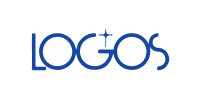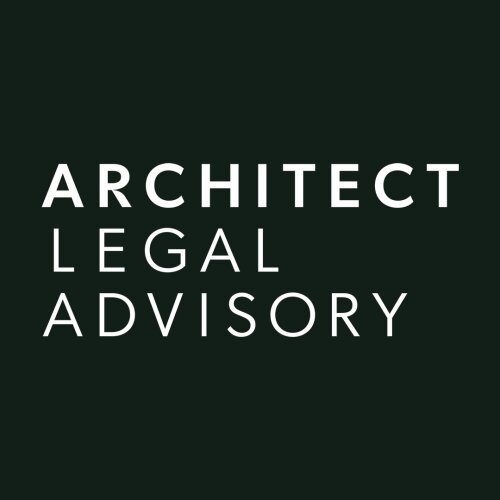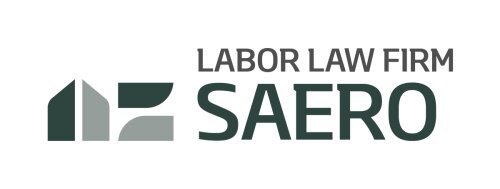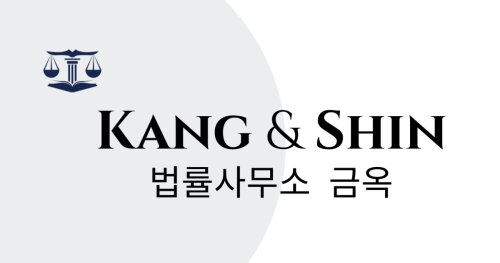Best Whistleblower & Qui Tam Lawyers in Seoul
Share your needs with us, get contacted by law firms.
Free. Takes 2 min.
List of the best lawyers in Seoul, South Korea
About Whistleblower & Qui Tam Law in Seoul, South Korea:
Whistleblower & Qui Tam laws in Seoul, South Korea provide protections for individuals who report illegal activities or wrongdoing within their organization. Whistleblower laws aim to encourage transparency and accountability, while Qui Tam laws allow private citizens to bring lawsuits on behalf of the government in cases of fraud against the government.
Why You May Need a Lawyer:
You may need a lawyer in Whistleblower & Qui Tam cases if you have witnessed fraud, corruption, or illegal activities in your workplace and wish to report them. A lawyer can help guide you through the legal process, protect your rights, and ensure that you are properly compensated for your actions.
Local Laws Overview:
In Seoul, South Korea, Whistleblower & Qui Tam laws are governed by the Act on the Protection of Public Interest Whistleblowers and the Act on the Prevention of Corruption and the Establishment and Operation of the Anti-Corruption and Civil Rights Commission. These laws provide protections for whistleblowers and allow for the prosecution of individuals or organizations engaged in corrupt activities.
Frequently Asked Questions:
1. What protections do whistleblowers have in South Korea?
In South Korea, whistleblowers are protected from retaliation, discrimination, and other adverse actions by their employers. They are also entitled to anonymity and confidentiality throughout the reporting process.
2. How do I report illegal activities as a whistleblower in Seoul, South Korea?
You can report illegal activities as a whistleblower in Seoul, South Korea by filing a report with the Anti-Corruption and Civil Rights Commission or by seeking legal assistance from a lawyer specializing in Whistleblower & Qui Tam cases.
3. Can I receive a reward for reporting fraud through Qui Tam actions in South Korea?
Yes, individuals who bring Qui Tam actions in South Korea can receive a reward or a percentage of the recovered funds if the government successfully recovers damages from the fraudulent party.
4. What are the eligibility criteria for filing a Qui Tam lawsuit in Seoul, South Korea?
To file a Qui Tam lawsuit in Seoul, South Korea, you must have original information about the fraud, must not have been involved in the fraudulent activity, and must be the first to file the lawsuit.
5. How long do I have to file a whistleblower claim in South Korea?
In South Korea, the statute of limitations for filing a whistleblower claim varies depending on the specific circumstances of the case. It is important to consult with a lawyer to determine the appropriate timeline for filing your claim.
6. What remedies are available to whistleblowers in Seoul, South Korea?
Remedies available to whistleblowers in Seoul, South Korea may include reinstatement, compensation for damages, and protection from further retaliation by their employer.
7. Can I remain anonymous when reporting illegal activities as a whistleblower in Seoul, South Korea?
Yes, whistleblowers in Seoul, South Korea have the right to remain anonymous during the reporting process to protect their identity and prevent potential retaliation from their employer.
8. What are the potential risks of reporting illegal activities as a whistleblower in Seoul, South Korea?
The potential risks of reporting illegal activities as a whistleblower in Seoul, South Korea include retaliation from your employer, job loss, harassment, or other adverse actions. It is important to seek legal advice to protect your rights and ensure your safety.
9. Can I be compensated for my actions as a whistleblower in Seoul, South Korea?
Yes, whistleblowers in Seoul, South Korea may be entitled to compensation for damages, lost wages, legal fees, and other expenses incurred as a result of their whistleblowing actions.
10. How can a lawyer help me in Whistleblower & Qui Tam cases in Seoul, South Korea?
A lawyer specializing in Whistleblower & Qui Tam cases can help you navigate the legal process, protect your rights, gather evidence, file reports, negotiate settlements, and represent you in court if necessary. They can also provide valuable guidance and support throughout your whistleblower journey.
Additional Resources:
If you need legal advice or assistance in Whistleblower & Qui Tam cases in Seoul, South Korea, you may consider contacting the Anti-Corruption and Civil Rights Commission, the Seoul Bar Association, or a reputable law firm specializing in whistleblower protection laws.
Next Steps:
If you believe you have witnessed fraud, corruption, or illegal activities in your workplace and are considering blowing the whistle or filing a Qui Tam lawsuit in Seoul, South Korea, it is essential to consult with a qualified lawyer to understand your rights and options. Contact a legal professional experienced in Whistleblower & Qui Tam cases to discuss your case and determine the best course of action to protect yourself and seek justice.
Lawzana helps you find the best lawyers and law firms in Seoul through a curated and pre-screened list of qualified legal professionals. Our platform offers rankings and detailed profiles of attorneys and law firms, allowing you to compare based on practice areas, including Whistleblower & Qui Tam, experience, and client feedback.
Each profile includes a description of the firm's areas of practice, client reviews, team members and partners, year of establishment, spoken languages, office locations, contact information, social media presence, and any published articles or resources. Most firms on our platform speak English and are experienced in both local and international legal matters.
Get a quote from top-rated law firms in Seoul, South Korea — quickly, securely, and without unnecessary hassle.
Disclaimer:
The information provided on this page is for general informational purposes only and does not constitute legal advice. While we strive to ensure the accuracy and relevance of the content, legal information may change over time, and interpretations of the law can vary. You should always consult with a qualified legal professional for advice specific to your situation.
We disclaim all liability for actions taken or not taken based on the content of this page. If you believe any information is incorrect or outdated, please contact us, and we will review and update it where appropriate.













